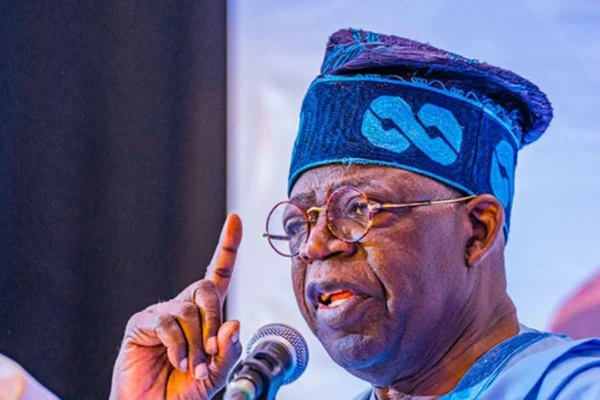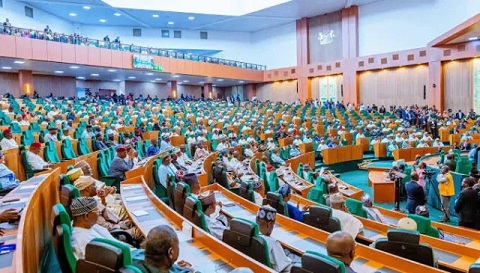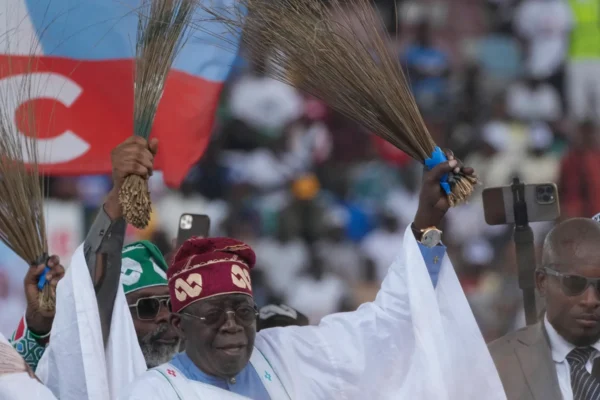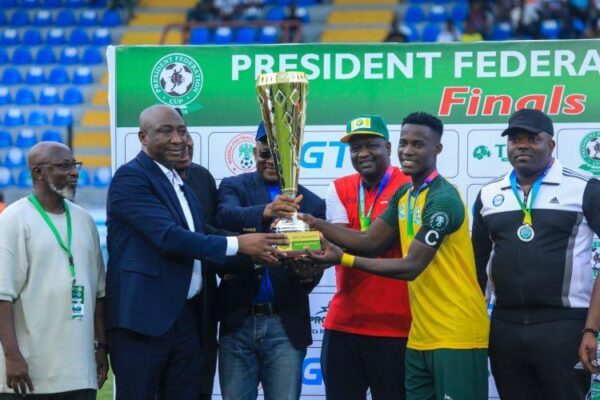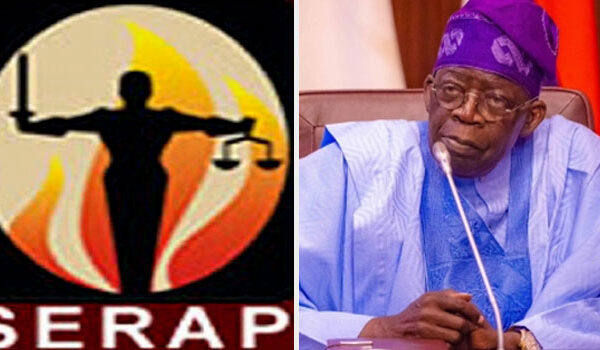Socio-Economic Rights and Accountability Project (SERAP) has filed a lawsuit against the government of President Bola Tinubu and Nigeria’s 36 governors over “the repressive use of the Cybercrimes (Amendment) Act 2024 to criminalize legitimate expression and violate the human rights of Nigerians, including activists, journalists, bloggers and social media users.” The ECOWAS Court had in its judgment dated 25 March, 2022 “ordered Nigerian authorities to stop using section 24 of the Cybercrime Act 2015 to prosecute anyone on the grounds of insulting or stalking public officials online.” The Court declared section 24 as “arbitrary, vague and repressive” and ordered Nigerian authorities “to repeal it in conformity with the country’s human rights obligations.” But while the Cybercrime (Amendment) Act 2024 has repealed section 24, it has not cured the arbitrary, vague and repressive nature of the provisions. In the suit no: ECW/CCJ/APP/03/2025filed last week before the ECOWAS Community Court of Justice in Abuja, SERAP is challenging “the legality and compatibility of the provisions of the Cybercrime (Prohibition, Prevention, etc.) (Amendment) Act 2024 with the rights to freedom of expression and information.” SERAP said, “The provisions of the Cybercrimes (Amendment) Act 2024 have opened the door to criminalizing legitimate expression and punishing activists, journalists, bloggers and social media users.” According to SERAP, “What constitutes ‘causing a breakdown of law and order’ in section 24(1)(b) of the amended legislation is unclear and undefined, threatening to punish peaceful and legitimate expression and opening the provisions up to abuse.” SERAP also said, “Rather than using the amended legislation to make cyberspace and its users safer, Nigerian authorities are routinely weaponizing it to curb Nigerians’ human rights and media freedom.” SERAP is arguing that, “The Cybercrime (Amendment) Act 2024, in addition to its arbitrary, vague and repressive section 24 provisions, broadly defines ‘cyberstalking’ in section 58 as ‘a course of conduct, directed at a specific person that would cause a reasonable person to feel fear.’” SERAP is also arguing that, “The provisions of the Cybercrimes (Amendment) Act 2024 represents a harshly punitive attempt to address the problems relating to stalking and harassment and fails to provide sufficient safeguards against misuse, particularly for peaceful and legitimate exercise of human rights.” SERAP is arguing that, “The use of section 24 of the Cybercrime (Amendment) Act 2024 to harass those who are deemed critical of the government directly threatens the staff, members and supporters of SERAP, particularly given the nature of the organization’s advocacy for human rights.” The suit filed on behalf of SERAP by its lawyers, Kolawole Oluwadare, Mrs Adelanke Aremo and Andrew Nwankwo, read in part: “The amended legislation is abused to threaten and stifle people’s human rights and livelihoods. “The vague, arbitrary, and repressive provisions on ‘cyberstalking’ in section 24 of the Cybercrime (Amendment) Act 2024 are routinely abused to suppress factual reports by activists, journalists, bloggers and social media users, thereby leaving a chilling effect on human rights and media freedom. “Nigerian authorities not only have a negative obligation to abstain from unduly interfering with human rights and media freedom but also have a positive obligation to facilitate and protect these rights. “Freedom of expression is a fundamental human right and full enjoyment of this right is central to achieving individual freedom and to developing democracy. It is not only the cornerstone of democracy, but indispensable to a thriving civil society. “Whether labelled as cyberstalking, criminal defamation, seditious libel of government officials or false news, the provisions of section 24 of the Cybercrime (Amendment) Act 2024 disproportionately penalize the accused and inevitably limits protected public discussion and debate on matters of legitimate public concern. “The ECOWAS Court had on 25 March 2022 ruled that section 24 of the Cybercrime Act 2015 is arbitrary, vague and repressive and therefore, is in contravention of Article 9 of the African Charter on Human and Peoples’ Rights and Article 19 of the International Covenant on Civil and Political Rights. “The Court also ordered the Federal Republic of Nigeria to amend Section 24 of the Cybercrime (Prohibition, Prevention, etc.) Act, 2015 in accordance with its obligations under Article 1 of the African Charter on Human and Peoples’ Rights. “The National Assembly amended section 24 and other provisions of the Cybercrime 2015 in 2024 but the new Cybercrime (Amendment) Act, 2024 still criminalizes ‘cyberstalking’. The provisions remain vague, arbitrary, and frequently misused by Nigerian authorities to crackdown on human rights. “Since the amendment of the Cybercrime Act in 2024, Nigerian authorities at all levels have consistently used the provisions of the Cybercrime Act to harass, intimidate, arbitrarily arrest and detain and unfairly prosecute users of social media, activists, journalists, and bloggers solely for the peaceful exercise of their rights. “Stories published online have been deemed ‘offensive’, ‘obstructive’, ‘insulting’ or ‘annoying’ with actionable consequences under provisions of section 24 of the Cybercrime (Amendment) Act 2024 even when the stories are true and factual. “According to the 2023 and 2024 Freedom House Reports on Nigeria, internet freedom of expression declined due to an unprecedented pattern of arbitrary arrests and detention of bloggers after the enactment of the Cybercrime (Amendment) Act 2024. “There are several reports on the recent abusive use of the arbitrary, vague and repressive provisions of section 24 of the Cybercrimes (Amendment) Act 2024. “For example, the police filed ‘cybercrime charges’ against activist Dele Farotimi under the arbitrary, vague and repressive provisions of the Cybercrimes (Amendment) Act 2024. “Journalist Agba Jalingo of the Cross River Watch Newspaper was charged with ‘cyberstalking’ over a report that a relative of a former governor of Cross River State had engaged someone to sit for law exams on her behalf. “Chioma Okoli was arrested following her comment on Facebook complaining about the sugar content of Nagiko tomato mix. Funke Adeoye was also reportedly summoned by the police for alleged cyberbullying due to a statement she shared on her X account. “The Nigeria police also reportedly re-arraigned four bloggers on fresh charges of alleged cyberstalking. The police also arrested ‘a famous singer’ for alleged cyberstalking…
